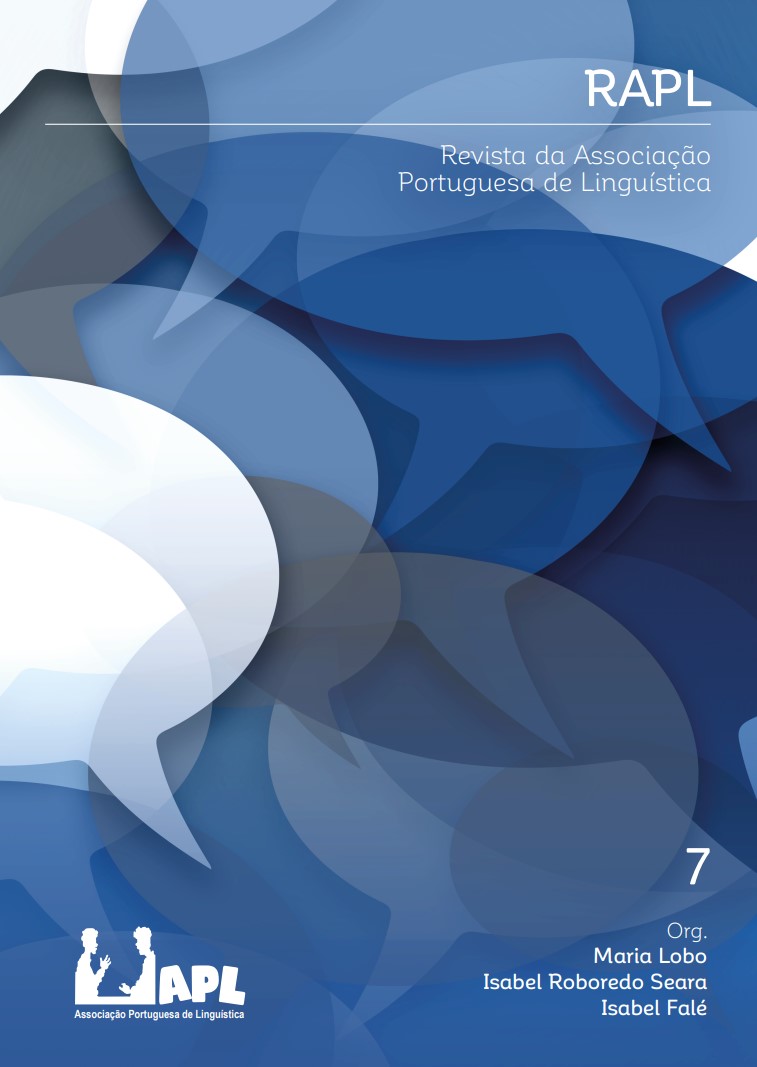Towards a profile of the grammatical knowledge of the millennium generation
DOI:
https://doi.org/10.26334/2183-9077/rapln7ano2020a3Keywords:
grammar teaching, grammar learning, grammatical knowledge, L1 curriculum, terminological dictionaryAbstract
The academic year 2019/20 is marked by the arrival at university of students born in the new millennium. When this generation of students began to ‘learn grammar’ at school, teachers and other specialists were debating the terminology for basic and secondary education and the place of grammar in the curriculum was changing. In this article, we propose to contribute to a description of the knowledge about language to which millennials had access, more than a decade after the Terminological Dictionary (DT) became official (DGE, 2008). Assuming that there is a prescribed curriculum and a real curriculum, we start from the question what is the place of grammar in the curriculum to offer a comparative analysis of the discourse prescribed for the teaching of grammar in official curricular documents approved between 2000/01 and 2019/20. From this analysis, we present an empirical study assessing the grammatical knowledge in European Portuguese of 65 students entering higher education in 2019/20. For this study, we used a diagnostic instrument, assessing knowledge of different grammatical topics, mainly in the domains of morphology and syntax. The results obtained, which update data from previous studies on students’ difficulties in grammar learning, suggest that terminological standardization and changes in the prescribed curriculum have not solved all the problems in the teaching of grammar.
Downloads
Downloads
Published
How to Cite
Issue
Section
License
Copyright (c) 2020 Joana Batalha, Ana Luísa Costa

This work is licensed under a Creative Commons Attribution-NonCommercial-ShareAlike 4.0 International License.
Authors retain copyright and concede to the journal the right of first publication. The articles are simultaneously licensed under the Creative Commons Attribution License, which allows sharing of the work with an acknowledgement of authorship and initial publication in this journal.
The authors have permission to make the version of the text published in RAPL available in institutional repositories or other platforms for the distribution of academic papers (e.g., ResearchGate).




